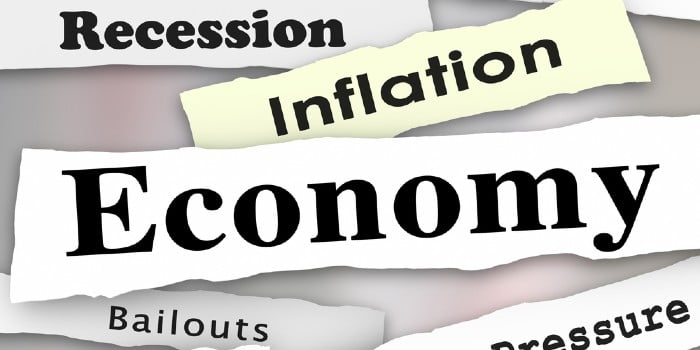4 April 2023 – The tax year 2023/24 has started, which means several changes will come into effect. Many of these will affect small businesses.
With every new tax year, changes come into effect. After a very challenging year, many small businesses are bracing for more headwinds, as some changes will put more pressure on budgets.
While many small businesses hoped for more support in the tax year 2023/24, the spring budget has already made it clear that this support will not be forthcoming to the extent hoped.
Rise In Corporation Tax And Reduced Help With Energy Bills
The biggest and most costly change for many small businesses in the tax year 2023/24 will be the reduction in support with energy bills.
From 1 April onwards, the Energy Bill Relief Scheme will be replaced by the Energy Bills Discount Scheme. This means that energy prices for non-domestic users will no longer be capped at £211 per megawatt hour (MWh) for electricity and £75 per MWh for gas.
The new scheme will give businesses a per-unit discount on the wholesale price, rather than capping the unit price. The discount will only apply if wholesale prices are above £302 per MWh for electricity and £107 per MWh for gas.
The Energy Bills Discount Scheme will run for 12 months. However, the discount is capped.
This means small businesses can only get a discount on their bills of up to £6.97 per MWh on their gas bill and up to £19.61 per MWh on their electricity bill.
With the new scheme prices will rise for all non-domestic customers, which many small businesses can ill afford. And if prices rise sharply again, as we have seen in the past year, the financial pressure could become too much for some.
According to research by the Federation of Small Businesses (FSB), 370,000 small companies might have to downsize, restructure or even close when the prices go up.
The jump in energy bills will be a shock to hundreds of thousands of small businesses, who signed up to fixed contracts when the government discount was guaranteed under EBRS.
Tina McKenzie, Policy Chair at the Federaion of Small Businesses
With profit margins already smaller due to the cost-of-living crisis forcing many customers to cut back, the increase in energy costs will be hard to stomach for many small businesses.
The other big financial impact the tax year 2023/24 brings is an increase in corporation tax. Businesses whose profit is £50,000 and below will stay on 19% corporation tax. Profits over £50,000 will be taxed at 25%.
However, for profits between £50,000 and £250,000 a marginal relief will apply, which can be calculated using HMRC’s calculator.
Other changes that will increase costs for small businesses include:
- From 6 April 2023, the annual exemption on Captial Gains Tax will fall to £6,000. The following year, from 6 April 2024, it will drop further to £3,000. No allowance can be carried over from the previous tax year.
- Another threshold that will drop is dividend allowance. From 6 April 2023, it will drop to £1,000 and a year later to £500. No allowance can be carried over from the previous tax year.
- The threshold when the highest income tax band of 45% will apply will fall from £150,000 to £125,140, from 6 April.
- National Insurance rate for Class 2 National Insurance will rise from 6 April to £3.45 per week. Up from £3.15 per week in the previous year. However, the Lower Profits Threshold of when you start paying this tax will rise from £11.909 to £12.570.
- National Living Wage, for 23 years and over, will also increase from 1 April 2023, by 9.7% to £10.42 per hour.
- National Minimum Wage will increase by 10.9% to £10.18 per hour for 21 to 22-year-olds from 1 April. For 18 to 20-year-olds it will go up by 9.7% to £7.49. And employees under 18 will also receive a 9.7% increase to £5.28 per hour.
Class 4 National Insurance To Fall
There is some good news for small businesses for the new tax year. Class 4 National Insurance will fall. For profits from £12,570 to £50,270 it will fall to 9% in 2023/24 from 9.73% in the previous year.
Businesses with profits over £50,270 per year, Class 4 National Insurance will fall to 2% from 2.73% in 2022/23.
The super-deduction capital allowance will end, but will be replaced by full expensing from 1 April 2023. Under the new regulations, limited companies can claim 100% of costs for certain equipment, such as zero-emission vehicles and electric cars.
For non-qualifying assets, full expensing might still be claimed, but only at 50%.
Annual Investment Allowance will be fixed permanently at £1 million for all businesses.
The Research and Development (R&D) relief has been extended. So small businesses who make a loss and who spend at least 40% of their total expenditure on research and development will get a 27% tax relief on their R&D spending.






